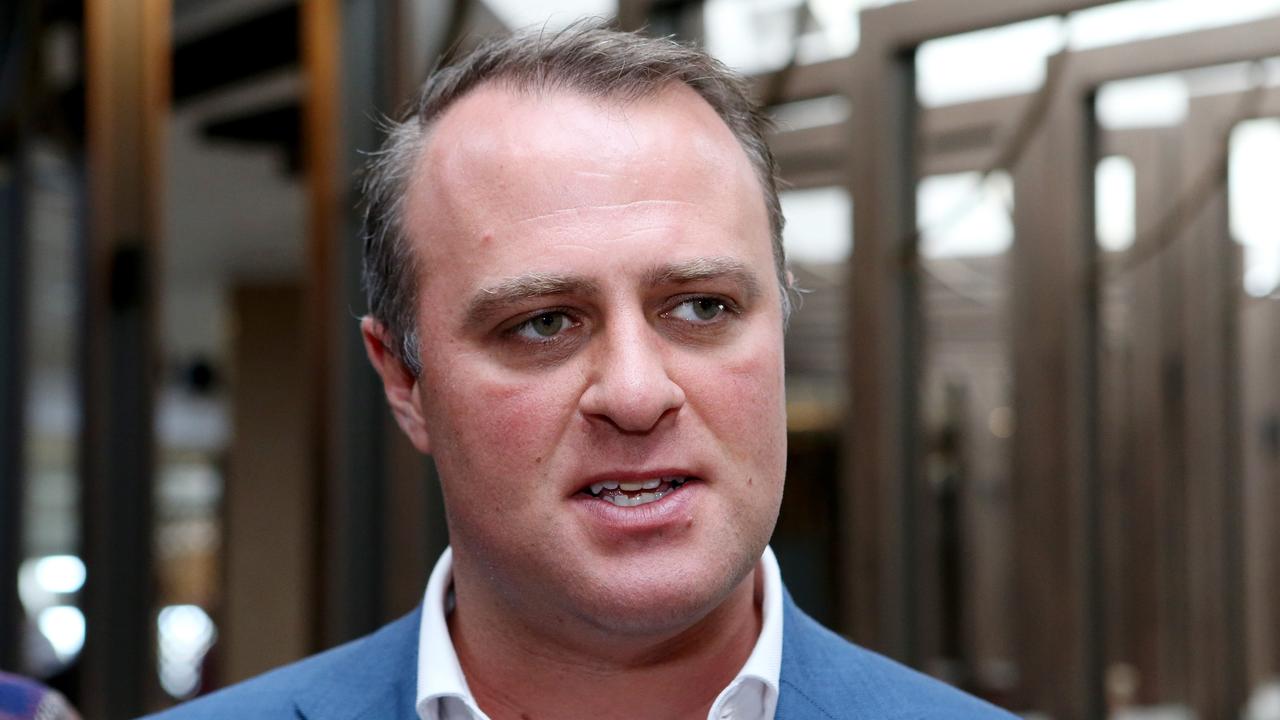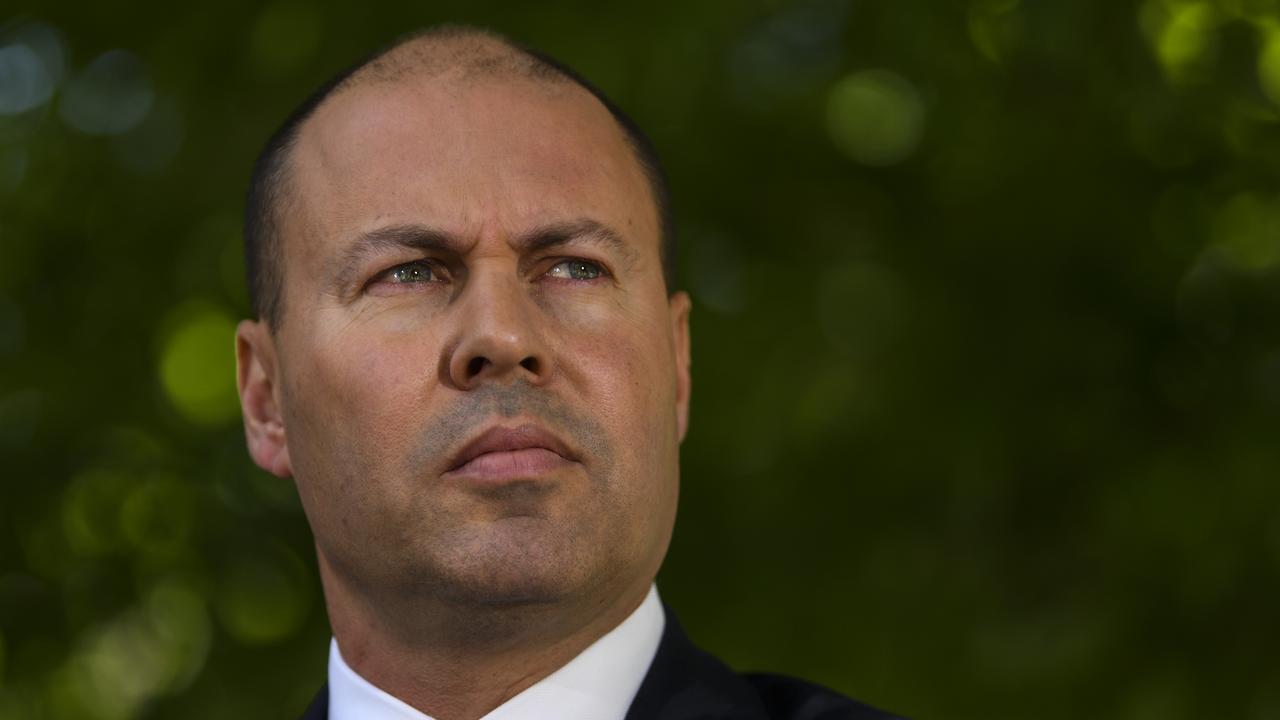Coalition confident it will get budget deals through Senate
CABINET ministers are confident of progress on the $5 billion university reforms at the heart of the budget.
CABINET ministers are confident of progress on the $5 billion university reforms at the heart of the federal budget despite a blunt rejection of the plans from Clive Palmer and others sharing the balance of power in the Senate.
As Tony Abbott begins his second year in power, the talks on the budget savings are being stepped up despite the Palmer United Party’s repeated vows to veto the changes.
The government held talks with Ricky Muir of the Australian Motoring Enthusiast Party on the higher education changes late last week even as his allies in the PUP were condemning the reforms.
Mr Palmer wrote to the government last week to say the PUP would vote against the education reforms, arguing the nation should “abolish university fees” instead.
“That’s just his opening negotiating position,” one cabinet minister said of Mr Palmer’s stance.
The experience with last week’s repeal of the mining tax — where the PUP agreed to a compromise after initially rejecting one — has increased the government’s confidence in securing the university reforms even if it takes many months.
Mr Abbott defended the contentious budget savings yesterday as he argued the government had delivered on major promises during its first year in office.
The Prime Minister appeared to respond to accusations the budget was unfair to the poor, however, by offering a new rhetorical formula over the weekend on his plans for the year ahead. The message to mark the first anniversary in power offered an explicit assurance for the vulnerable and also emphasised the government’s work on national security at a time when it is seeking to legislate stronger counterterrorism laws. “Building roads, ending rip-offs, protecting the vulnerable, repairing the budget and ensuring that our country is strong and safe: that’s the mission of this government,” the new message said.
Finance Minister Mathias Cormann said on the weekend that the government would work “sequentially” on its budget reforms, while noting that there were months before some of them took effect. While public debate has focused on the $7 fee for visits to the doctor, this is not due to start until July 2015 and the bill to enact the change has not been introduced into parliament.
The university reforms are a priority for the parliament, however, given the bill has been introduced and a Senate inquiry has been established to take public submissions over the next few weeks. The committee, chaired by NSW Nationals senator Bridget McKenzie, is expected to report by October 28, clearing the way for the first vote in the upper house on the measures soon afterwards.
Education Minister Christopher Pyne has signalled the scope for changes to his announced policy, telling Sky News last week he was open to discussions with Labor on a compromise.
Key aspects of the reform are fee deregulation, a 20 per cent cut to federal funding, a higher interest rate on student loans and contributions by universities to a scholarship scheme.
Family First senator Bob Day, who supports the higher education reforms, said the government had a “good week” last week with the repeal of the mining tax by allowing more room for compromise. “I hope they’ve learned from what happened and will carry that into negotiations on university reforms,” he said.


